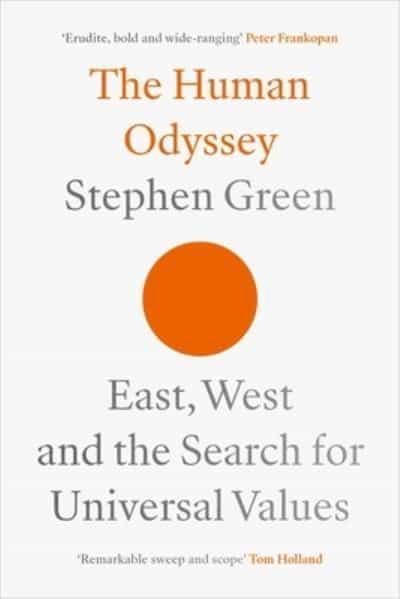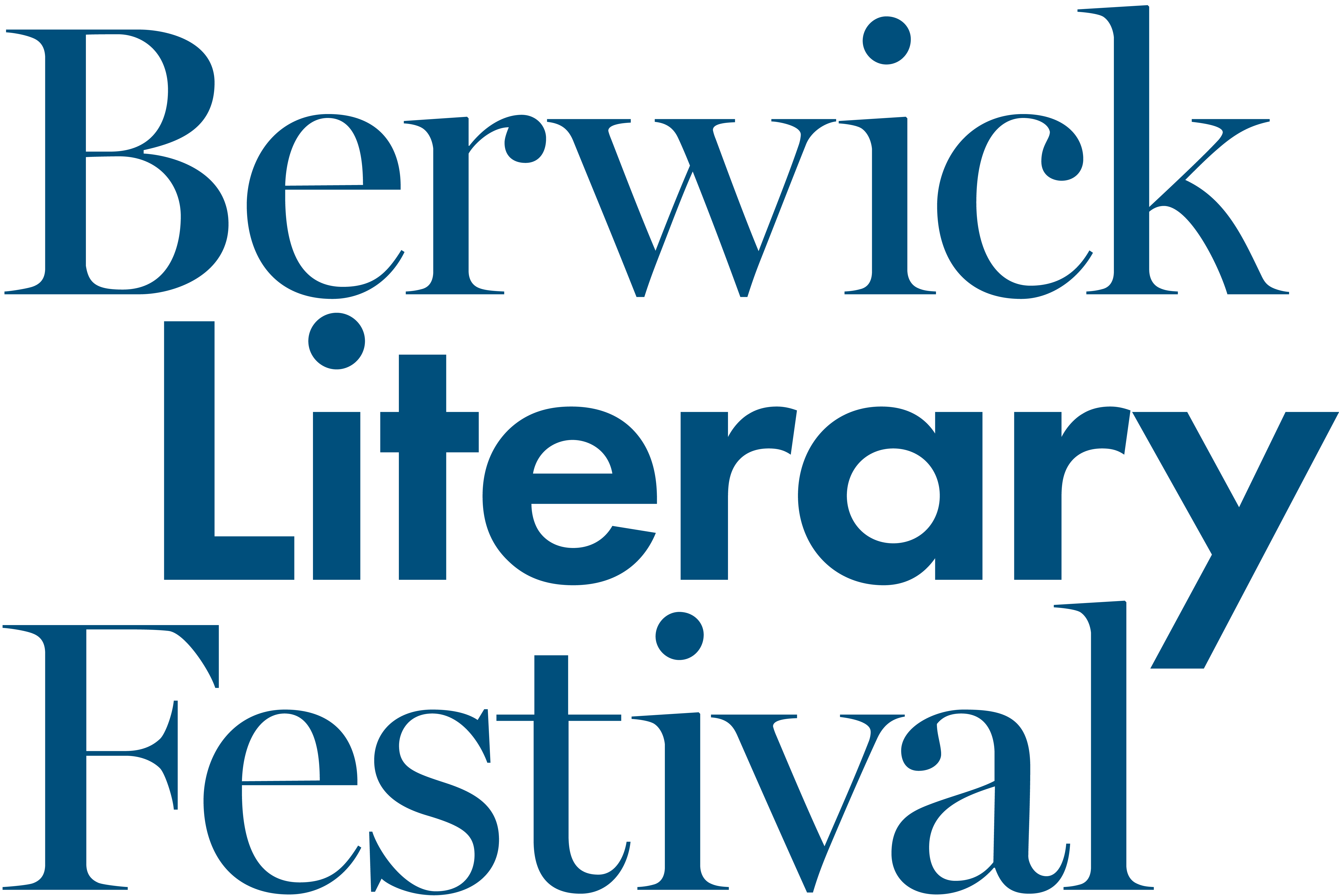by Joe Lang
If you were concocting a fantasy dinner party guest list, you’d want a good mix of people to keep the conversation flowing. A government minister, maybe. The CEO of a global bank for a view of how the world works, and a clergyman for a rather different perspective. Throw in a linguist who’s lived in the US, Asia and Saudi Arabia, a civil servant, an author, a chap who visited 56 countries in three years boosting UK trade, and… oh hell, we’re out of cutlery.
Let’s just invite Stephen Green instead. He’s been all these people. His latest book is about the future of the world. And today he was in congenial conversation with an old friend, the Rt Rev Stephen Platten. It felt like one of those dinner party moments where everyone else stops talking and just listens…
Green glides effortlessly between politics, philosophy, history and culture. He’s warm, erudite, informed and a lovely guest.
But his themes are big and potentially scary.
He wrote his latest book, The Human Odyssey, he says, because geopolitics are changing rather rapidly from what we’d got used to in the 20th century. We need to rethink what we think we know.

After World War Two, the world stage was occupied by America and Russia. More recently the decline of Russia left the US as the one global superpower. But that’s now ending with the rise of a China that’s increasingly willing to flex its muscles both militarily and in cyberspace. We’re moving into a new duopoly.
He’s not writing America off. But global politics will be shaped to an enormous extent by the way the US and China engage with each other: “The tectonic plates have moved rather sharply”. And as the urbanising cultures of the world jostle up against Chinese and Islamic influences, it’s increasingly important that we in Europe engage with the world views of others.
Countries’ cultural and spiritual/philosophical hinterlands shape what they do today and what their citizens think about themselves. In China, Confucian tradition and Buddhist influences see the individual in a broader familial, societal and even cosmic context. By contrast, the US puts the individual and his or her rights at the centre.
So a big and growing challenge is this: how do these two world views engage and come to terms with each other?
Maybe they can’t. But Green is an optimist: “They do have some fascinating underlying commonalities. You have only to look at the way the great classical works of these cultures address human experiences such as joy, age, or loss and bereavement. A lot of these responses are universal and timeless.” And in these uncomfortable times, “these commonalities are wonderful to discover”.
But there are also some increasingly evident distinctions.
The UN Universal Declaration of Human Rights agreed after World War Two in 1948 was quite short and simple. With its focus on rights, it had little to say about cultural differences and the responsibilities that go along with those rights. But today, differences in values are “becoming more vocal”. For example, Islamic commentators say there’s not enough about family values and responsibilities. “Understanding human rights is a journey,” says Green. “We’ve come a long way, but still have a long way to go.”
We’ll learn from engaging with the philosophies and values of others. If you perceive the purpose of life as self-fulfilment, then a focus on rights may be sufficient. But for people who believe there’s more to ‘the good life’ than that, “you tend to find them groping for answers that look quite similar”.
The political aims of nations and regions may appear antagonistic or mutually exclusive, he says, but “I believe deep down the values that make for human fulfilment are not incompatible”.
Which is just as well, given what lies ahead. “We’re confronted by challenges we can only solve as a global species” – he cites global warming and environmental degradation as examples. It’s our job to “explore and discover” the commonalities that lead to mutual understanding and unity of purpose, says Green, or “the outlook for us, our children and grandchildren is not great.”
There’s a lot to chew over here, and a short conversation can only be a taster. I’m certainly looking forward to getting my teeth into the book. But in the meantime, here are a few more soundbites to savour…
Stephen Green on Asia, freedom and the world’s first-ever novel
“You never get to truly know Asia. Anyone who claims to know Asia is kidding themselves and you.”
“Taiwan’s relationship with China is an unresolved position on the world stage. And unresolved positions always have the potential to become explosive.”
“One of the basic freedoms we should never take for granted is freedom of expression.”
“[Japan’s 11th-century] Book of Genji is like a Jane Austen novel of a thousand years ago. And If you like poems, try reading Chinese poetry, try Islamic poetry – it’s wonderfully exuberant.”
The Human Odyssey: East, West and the Search for Universal Values by Stephen Green Click Here!
